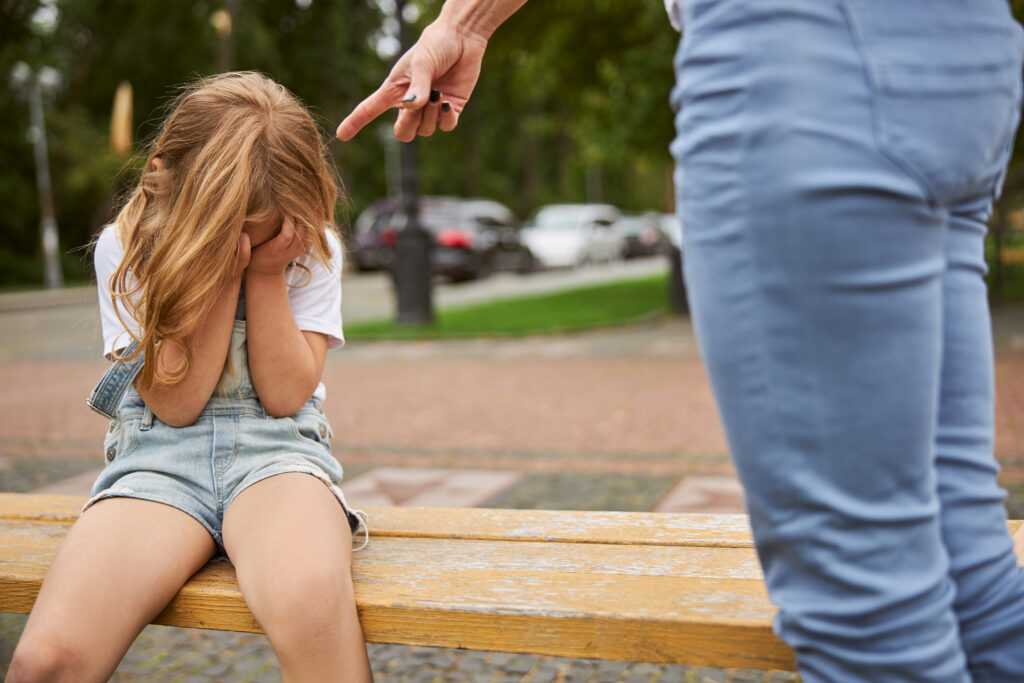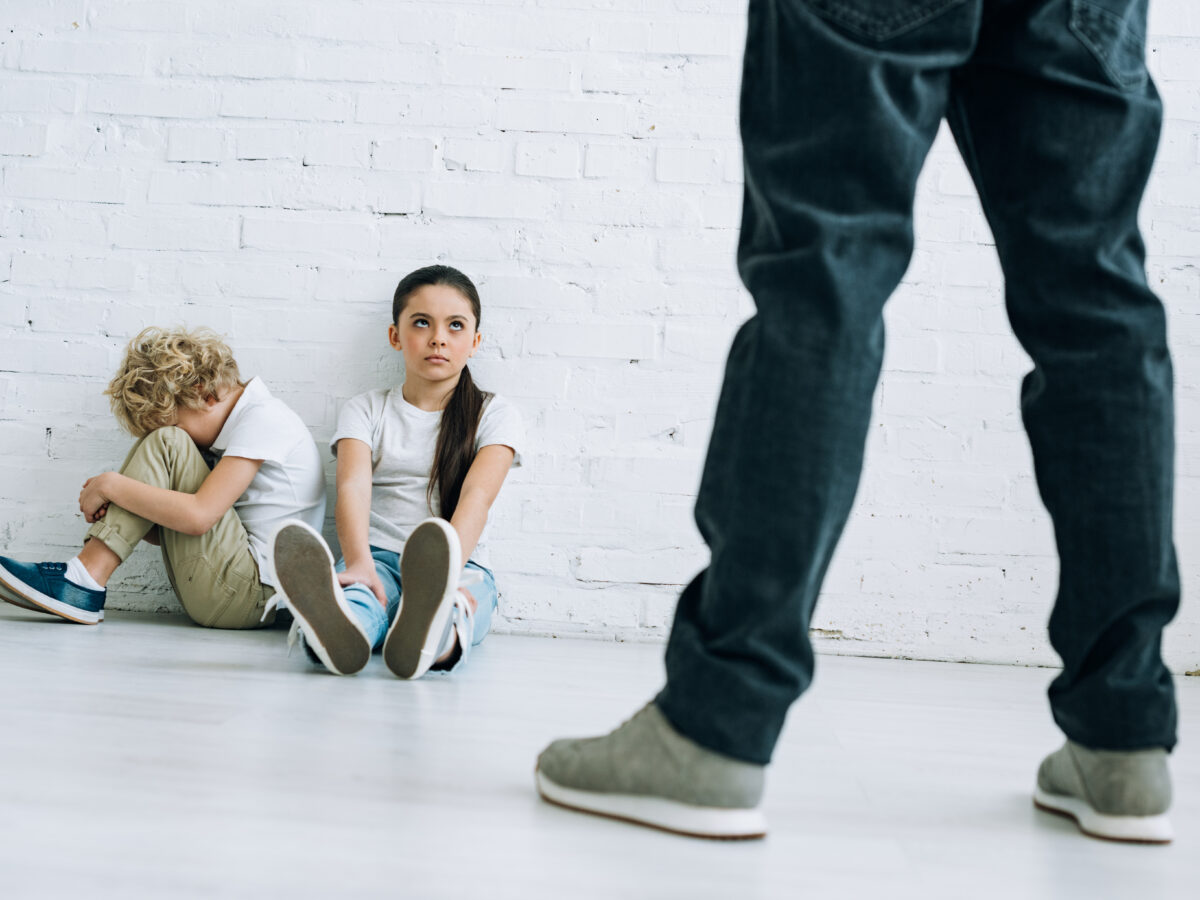When we think about the ideal environment for a child to grow, we imagine a home filled with love, support, and safety. Unfortunately, for many children, this is not their reality. Living with abusive parents creates an environment of fear and uncertainty, leaving deep and lasting scars that affect a child’s development in countless ways. In this, we’ll explore how parental abuse impacts children emotionally, mentally, and socially. We’ll also discuss how modern solutions like Online Counseling are providing hope and healing for those affected.
Understanding Parental Abuse
Parental abuse encompasses a wide range of harmful behaviors by parents or caregivers. This includes physical violence, emotional manipulation, verbal insults, neglect, and even controlling behavior that limits a child’s freedom. The tragedy is that many victims of abusive parents often don’t recognize the abuse, especially when it has been a part of their daily life from an early age.
Children growing up in such environments internalize their experiences. They may wrongly believe they deserve the mistreatment, leading to low self-esteem and distorted views of healthy relationships.
Emotional and Psychological Impact
The emotional wounds inflicted by parental abuse run deep. Constant criticism, humiliation, or fear of punishment can create chronic anxiety and depression in children. Living under the unpredictable behavior of abusive parents forces children into a state of hyper-vigilance, always anticipating danger. This constant stress overloads their emotional system, often leading to emotional numbness or extreme sensitivity to criticism.
Many survivors of parental abuse carry these emotional burdens into adulthood. Without intervention, these unresolved issues can manifest as persistent feelings of worthlessness, difficulty trusting others, and challenges in forming healthy, loving relationships.
Cognitive and Behavioral Effects
The stress from parental abuse doesn’t just affect emotions—it can also interfere with cognitive development. Studies have shown that children in abusive households may struggle with concentration, decision-making, and memory. These challenges can negatively impact academic performance and self-confidence in school environments.
Behaviorally, some children may act out aggressively, while others withdraw completely, avoiding social interactions out of fear or shame. Some turn to risky behaviors, attempting to numb their emotional pain or seek validation they never received at home.
The Cycle of Abuse
One of the most concerning outcomes of parental abuse is the risk of continuing the cycle. Without proper support, children who grow up in abusive homes might unconsciously replicate these patterns in their own relationships. This doesn’t happen because they want to cause harm, but because abuse becomes a familiar, learned behavior. Breaking this cycle requires awareness, support, and healing.

The Role of Online Counseling
The good news is, healing is absolutely possible—and more accessible than ever, thanks to Online Counseling. For many survivors of parental abuse, opening up about their experiences can be incredibly difficult. Shame, fear of judgment, and lack of access to nearby therapists often prevent them from seeking help.
Online Counseling offers a flexible and confidential way for individuals to connect with professional therapists from the comfort of their homes. Whether it’s through video calls, chat, or emails, these platforms allow survivors to begin their healing journey on their own terms.
With the support of skilled counselors, clients can work through trauma, develop healthier coping strategies, and rebuild their sense of self-worth. Techniques such as cognitive-behavioral therapy (CBT) and trauma-informed care are commonly used to help survivors reframe their thoughts and heal emotional wounds caused by abusive parents.
Reclaiming Life After Abuse
Acknowledging the impact of parental abuse is a crucial first step toward recovery. Healing doesn’t happen overnight, but with persistence and the right support system, survivors can reclaim their lives and build a healthier future.
Through Online Counseling, individuals are not only finding support but also realizing they are not alone in their experiences. Professional guidance empowers them to confront their past, heal their wounds, and step into a future defined not by their trauma, but by their strength and resilience.
Conclusion
The effects of parental abuse on child development are profound, touching every aspect of a child’s emotional, cognitive, and social life. But no matter how deep the scars, recovery is possible. With accessible options like Online Counseling, survivors are discovering pathways to healing that were once out of reach.
If you or someone you know has experienced life with abusive parents, remember: help is available. Support is just a click away, and it’s never too late to start the journey toward a healthier, happier life.
Related Articles:
Addressing Childhood Behavioral Issues with Online Family Therapy
Online Counseling for Families Dealing with Addiction: A Guide to Recovery
Managing Teenage Challenges Through Online Family Therapy
Online Parenting Counseling: Successful Parent-Child Relationship
Online child counselling In India | Online Child Psychologists


